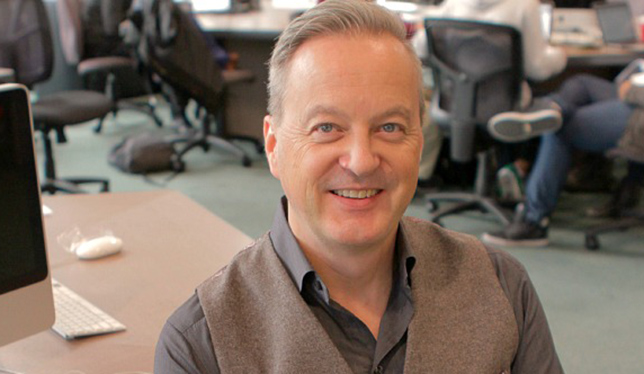There’s a growing trend for academic librarians to be evaluated partly on their scholarly activities, but they face barriers to conducting independent research, says Vivian Lewis, university librarian at McMaster University. These obstacles may include a perceived lack of time or support from supervisors, but academic librarians also may feel they don’t have adequate training or lack confidence in their abilities.
Contemplating these issues one day with colleague Brian Detlor, an associate professor in McMaster’s DeGroote School of Business, the two of them came up with a novel idea: create a “faculty member in residence” program to mentor librarians in undertaking research. Dr. Detlor was soon to begin a one-year sabbatical and he volunteered for the position.
In a presentation with Ms. Lewis at the annual Ontario Library Association conference in Toronto in January, Dr. Detlor says his goal was to conduct research that was new to him, with outputs “that were meaningful to libraries and librarians.” He was given an office in the library and met with the library staff formally and informally. He also organized a workshop with about 30 participants to explore potential research collaborations.
One of the results was a project, in collaboration with the Hamilton Public Library and the city’s Tourism and Culture Division, to use digital storytelling to highlight Hamilton’s cultural heritage. The participants used library resources – primarily archival materials such as maps, photos and so on – to “help render digital stories,” he says.
The residency program, which officially came to an end in the fall of 2014, “far exceeded my expectations,” says Dr. Detlor. “One of the great outcomes for me was this new direction [in my research] that I knew nothing about before my involvement…I loved working on this project.”
Ms. Lewis is equally effusive: “The benefits to the library in terms of seeding research and building partnerships across the academy were tremendous,” she says, adding that she’d like to see the program continued. From the library’s perspective, “this has been a tremendous success.”
The two have published an account of their collaboration in the January 2015 issue of the Journal of Academic Librarianship. “I think it’s really important for librarians to promote what they do,” says Dr. Detlor. “It’s our goal to inspire other librarians to implement similar programs at their institutions.”

This is quite laudable and dignifying, how I wish we had this kind of plausible academic mentoring in Nigeria in particular, and Africa at large. This will go a long way towards motivating young academic librarians to gain essential confidence that is pertinent to greater efficiency in both academic and professional aspects of librarianship, kudos to you folks.